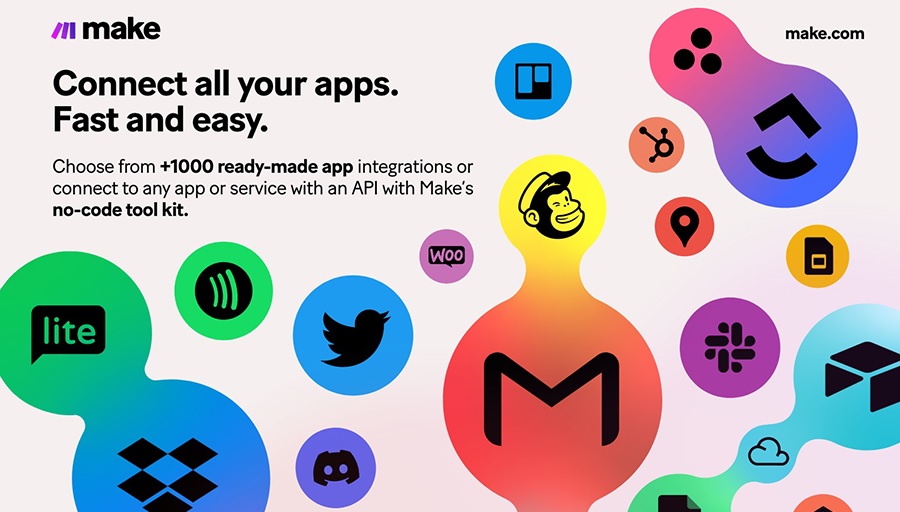
Business transformation has always been driven by waves of technology – steam engines, electricity, the internet. Each one redefined what organizations could achieve. Today, AI agents are shaping the next great shift. They are not just tools for automating tasks, but adaptable digital coworkers that learn, decide, and act in real time. From reshaping customer experiences to streamlining operations, AI agents are quietly becoming the backbone of modern business transformation.
Contents
Why AI Agents Are Different from Past Tools
Previous waves of automation focused on rigid instructions. Machines or software executed tasks exactly as programmed. AI agents, by contrast, operate with flexibility. They analyze context, handle variation, and adapt to new conditions. Instead of waiting for human direction, they can evaluate situations and decide the best course of action within defined guardrails. This shift from “do what you’re told” to “figure out what to do” marks a fundamental change in business capability.
Key Roles AI Agents Play in Business Transformation
Driving Operational Efficiency
AI agents excel at cutting inefficiencies across operations. In logistics, they track shipments in real time, predict delays, and reroute deliveries automatically. In finance, they reconcile transactions and highlight anomalies faster than human staff. These efficiency gains add up, freeing resources for strategic growth rather than daily firefighting.
Enhancing Customer Experiences
Today’s customers expect quick, personalized service. AI agents deliver by powering intelligent chatbots, tailoring recommendations, and resolving support tickets instantly. For example, an e-commerce company can deploy agents to suggest relevant products, process returns, and answer questions – all at scale. Customers feel valued, and businesses strengthen loyalty.
Enabling Data-Driven Decisions
Data is plentiful but often overwhelming. AI agents transform raw information into actionable insight. They analyze market trends, forecast demand, and model scenarios so leaders can make better decisions. For instance, a retail chain may use AI agents to decide which products to stock in different regions based on local preferences and buying patterns.
Fostering Innovation
By taking over routine work, AI agents give teams time to experiment. Research and development cycles accelerate because staff can focus on solving problems rather than managing spreadsheets. Marketing teams spend more energy on creative campaigns while AI handles data analysis. Innovation thrives when employees are free to think beyond daily repetition.
Industries Being Transformed by AI Agents
Healthcare
Hospitals and clinics use AI agents to monitor patients, suggest treatments, and schedule care. This reduces strain on staff while improving patient outcomes. Telemedicine platforms also integrate agents to provide initial triage and guidance before patients see a doctor.
Finance
Banks rely on AI agents to detect fraud, automate loan processing, and offer personalized financial advice. Agents can review applications, assess risk, and deliver recommendations instantly, cutting turnaround times from days to minutes.
Manufacturing
Factories deploy AI agents to predict equipment failures, optimize production schedules, and manage supply chains. By analyzing sensor data, agents prevent costly downtime and keep operations running smoothly.
Retail
Retailers use AI agents for inventory management, customer engagement, and demand forecasting. Agents help businesses keep the right products on shelves, reduce waste, and create personalized shopping experiences that boost sales.
Benefits of AI Agents in Business Transformation
- Agility: Businesses can adapt quickly to changes in markets and customer demands.
- Scalability: AI agents handle growth without requiring proportional increases in staff.
- Accuracy: Decision-making improves as agents eliminate human error and bias in repetitive processes.
- Innovation Capacity: With routine tasks automated, people spend more time on strategy and creativity.
Challenges to Consider
Integration Complexity
AI agents must connect with existing systems to be effective. Integrating legacy tools with modern AI can be a complex and costly undertaking without the right approach.
Data Quality
Poor data leads to poor decisions. Businesses must ensure that AI agents are fed accurate, timely, and comprehensive data to avoid flawed outcomes.
Trust and Adoption
Employees may be skeptical of AI or fear job loss. Clear communication, transparency in how agents work, and a focus on augmentation rather than replacement are crucial for adoption.
Ethical Considerations
AI agents can unintentionally reinforce bias if not properly trained. Businesses must prioritize fairness, accountability, and explainability to maintain trust with employees and customers alike.
Steps to Harness AI Agents for Transformation
Start Small with High-Impact Use Cases
Pick one process that consumes significant time or resources and pilot an AI agent there. For instance, automating customer support inquiries can deliver visible benefits quickly.
Ensure Data Readiness
Audit and clean data before deploying agents. Establish strong data governance practices to maintain reliability over time.
Build Cross-Functional Teams
AI transformation is not just an IT project. Success requires input from business leaders, operations teams, and end users to align goals and expectations.
Monitor, Measure, and Improve
Deploying an AI agent is not the end of the journey. Continuous feedback loops help refine performance, improve accuracy, and adapt workflows as business needs evolve.
The Future of AI Agents in Transformation
We are only scratching the surface of what AI agents can achieve. In the near future, they will move from assisting with tasks to managing entire workflows autonomously. Agents will collaborate with each other across departments, optimizing operations end to end. Businesses that embrace these changes early will not just improve efficiency – they will reinvent themselves for a world where adaptability is the ultimate competitive edge.
The growing role of AI agents in business transformation cannot be ignored. They are enabling companies to operate faster, smarter, and more efficiently while creating space for innovation and growth. The challenge lies not in whether to adopt AI agents, but in how to do so thoughtfully and responsibly. Those who get it right will not just keep pace with change – they will define it.

